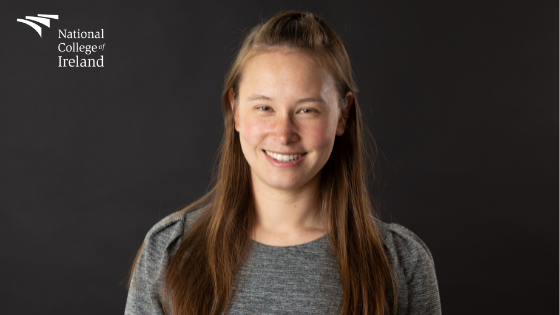
Jennifer Kwan, Careers Advisor at NCI, shares practical tips and advice for every step of the job interview process that can be applied to both in-person and virtual interviews.
Have you ever started a college assignment hoping that the answer will come to you 2,000 words in and line up a brilliant conclusion for you? Has this gotten you that 2.1 or 1.1 you were looking for? Perhaps you remember the overwhelming experience of tackling your first big college assignment and those relatively huge word counts? As you finish up your degrees hopefully assignments and word-counts are no longer daunting and the content is no longer treated as a guessing game.
Like all new experiences, job interviews can be daunting, preparing for them can feel like an impossible task but, like all other experiences, effective practice and reflection can make you better and interviews are no different.
So how do you get rid of the waffle, get over the brain freeze and start putting answers together for job interview questions that have a start, middle, and end? You can listen back to my discussion with gradireland in the video below to hear our top tips for preparing and performing at interviews or get a summary of our main points by continuing to read below.
Preparing for the Interview
You’ve finally got the call for an interview, all the work on the CV and writing a perfect and bespoke cover letter has paid off. What do you do now to make sure that you land the job that you’ve worked so hard to apply for?
Step 1: Do your Research
- Company: Know their competencies, values, and their story. Search for news articles and check their LinkedIn page for updates on products, initiatives, or investments
- People: Know who is interviewing you and who you've been in contact with thus far
- Job: Know the job spec, but also how the job fits within the organisation
- You: Know your own CV back to front
Step 2. Understand the elements of effective communication
- Body language accounts for 55%
- Tone of voice account for 38%
- Content accounts for 7%
Step 3. Practice some standard answers for motivational and competency questions. Use the STAR format.
- Write down your answers to common interview questions
- Practice your answers in front of a mirror and notice your body language
- Record yourself on your phone and play back the recording without the sound. Watch your body language
- Record again and play back with the volume. Be earnest, passionate and enthusiastic
- Record a final time and play back with volume. Note body language, tone of voice, and content
Step 4. Consider your Setup for the Interview
- Neutral background, no washing or posters or busy background
- More light in front of you than behind you
- Camera at eye level
- Dress appropriately for interview
- Check your sound and use headphones just in case there is an echo
During the Interview
- Repeat people’s names twice so that you remember who they are
- Have a sticker by your camera that say “Smile, Relax, Eye Contact”
- Dress up for an interview even if you know the business is casual
Managing Nerves
- Be confident that you are qualified for the role, they have already read your CV
- Think of this as an opportunity to build a relationship
- Be authentic, they have to be a good fit for you as well
- Most interviewers will accept that you will be a bit nervous so they will allow for that
- Make eye contact so that you keep the attention of the interviewers
- Don’t try and read answers off, this is very obvious to interviewers
Virtual and Pre-recorded Job Interviews
Companies tend to ask 3-5 questions, here are some examples of motivational questions:
- Why do you want to work here?
- Why do you want this job?
- Why do you want to work for this company?
- Tell me a bit about yourself?
Competency questions can be found on job specs and company websites, they are usually on:
- Resilience
- Communication
- Teamwork
Focus on TAPE for effective communication. Notice that none of these include content.
- Tone of Voice: Earnest, passionate, enthusiastic, authentic, honest
- Appearance: Smile, dress code, room
- Posture: Body language
- Effort and Engagement: well prepared, eye contact
In closing, remember that the best way to get better at something is to practice it and one of the best ways of rehearsing is to watch your own performance and make it better.
Check out our YouTube playlist to listen to more of our Career Conversations on topics such as Updating Your CV, Leadership and Changing Careers. You can also sign up to our Careers Newsletter for job vacancies, events and our latest news.










